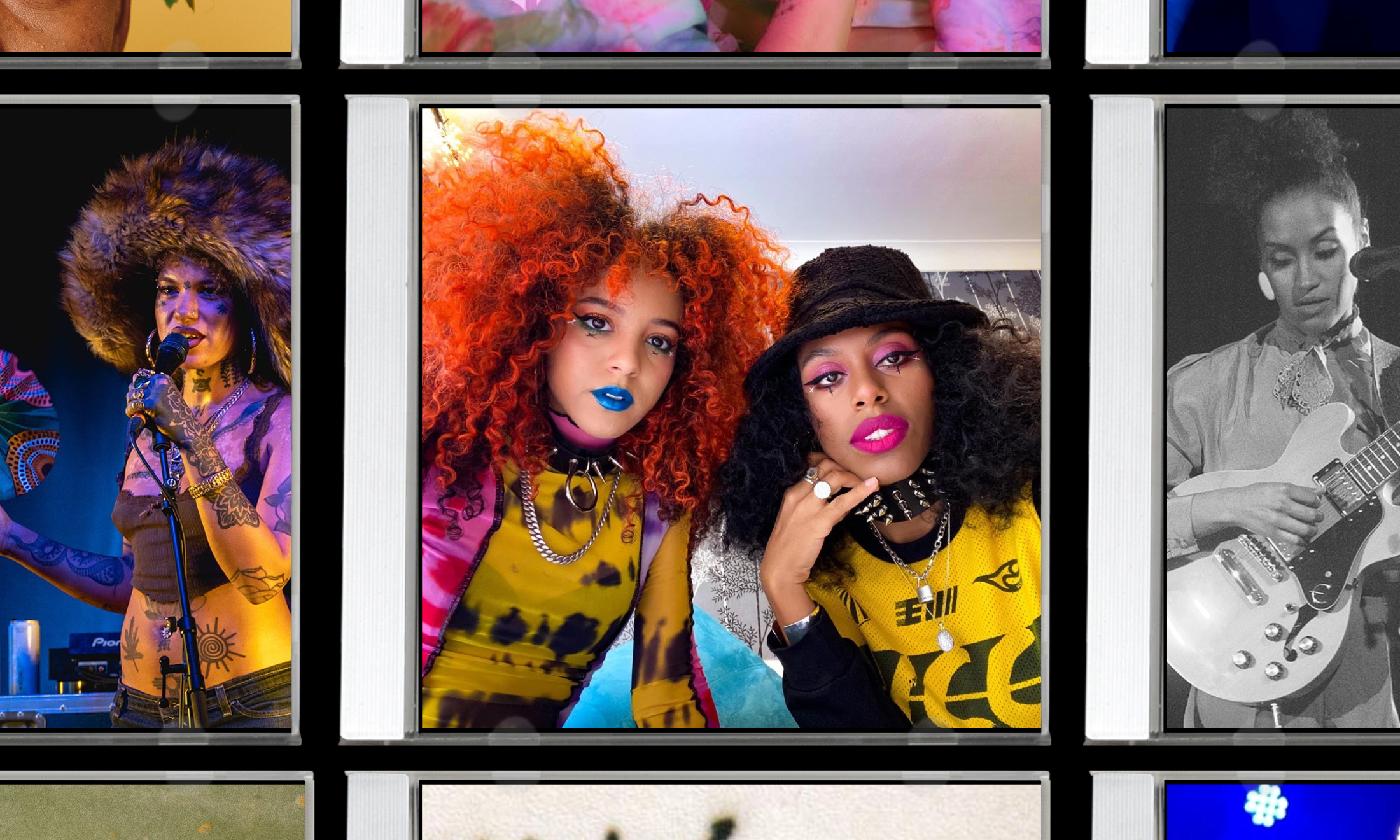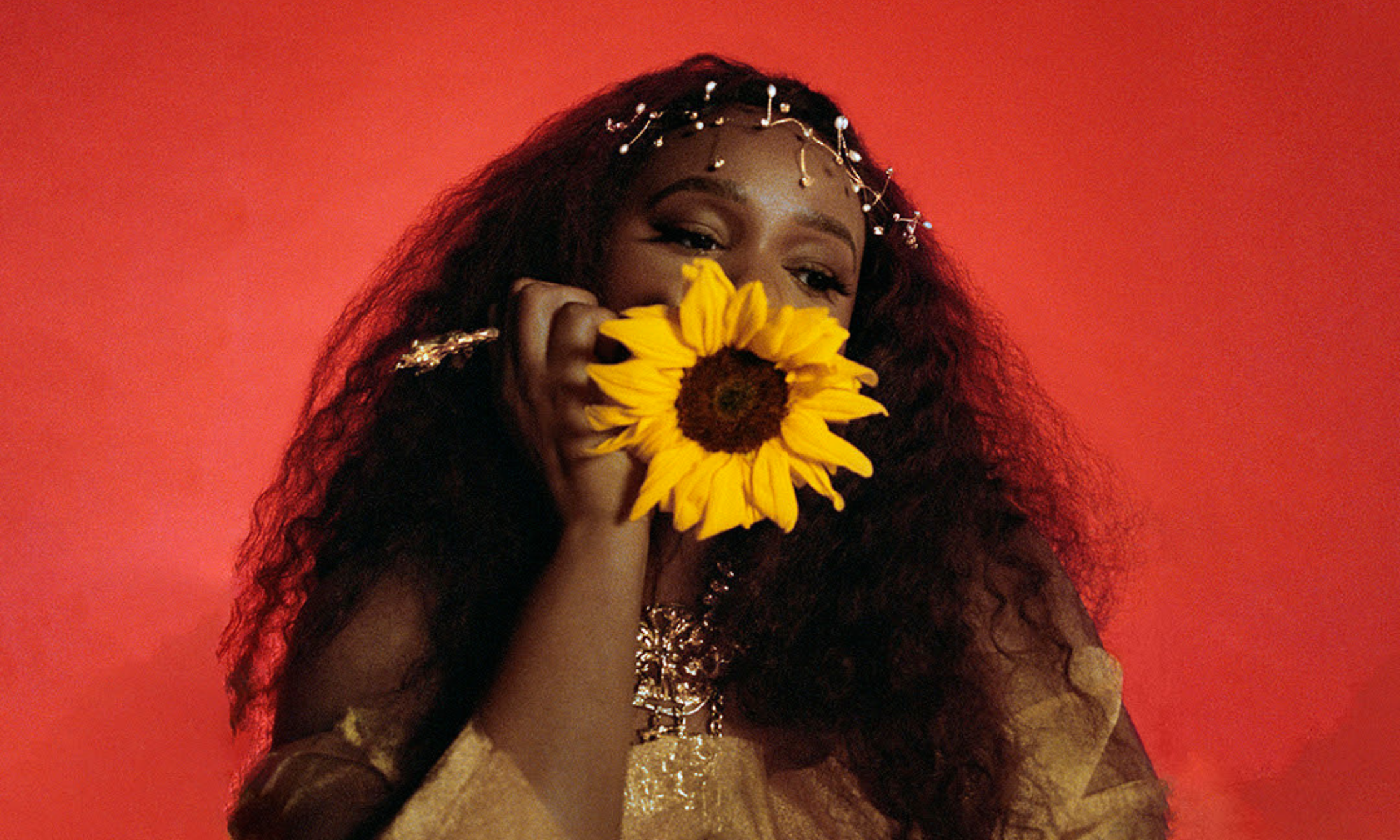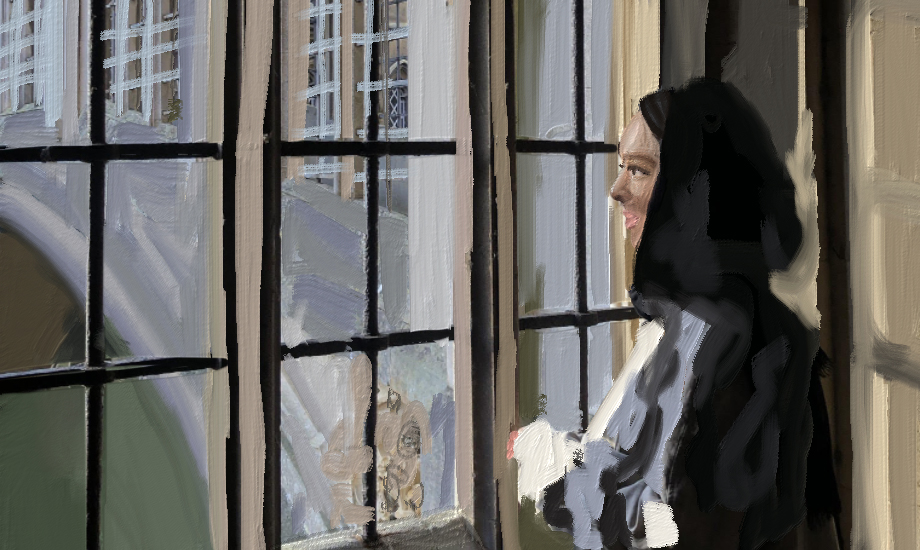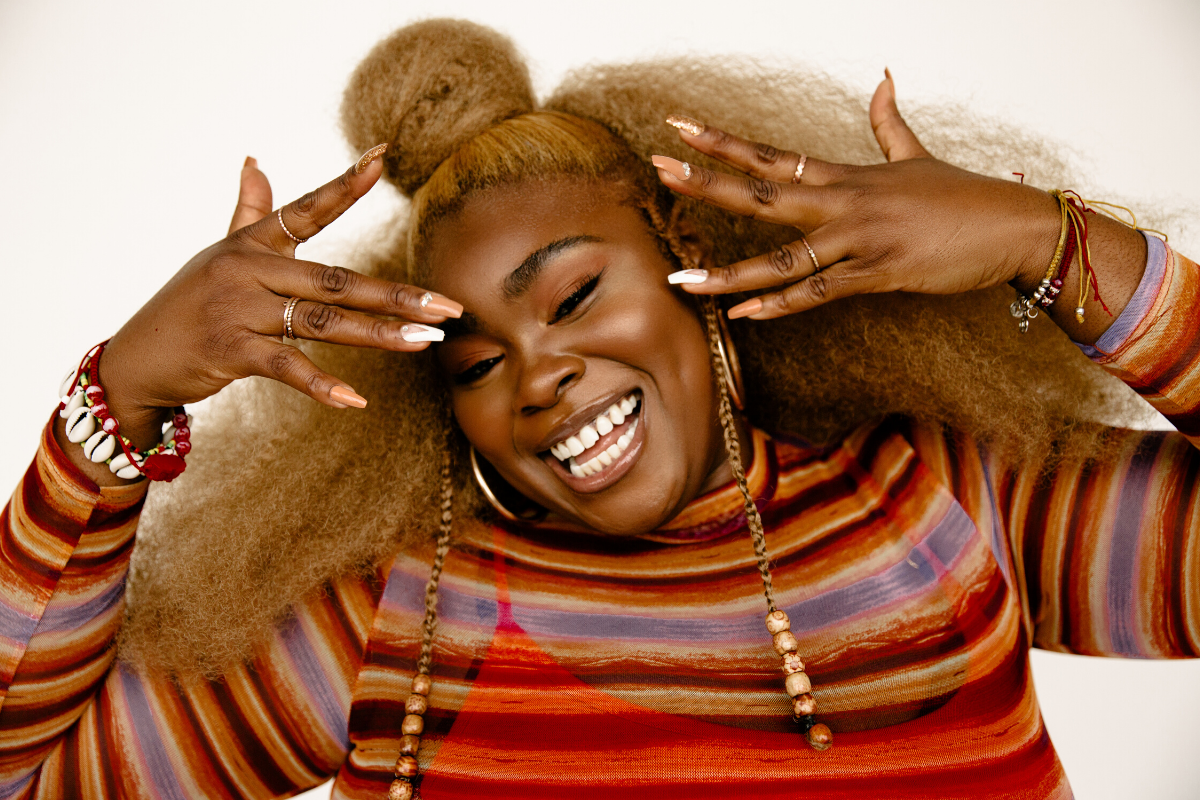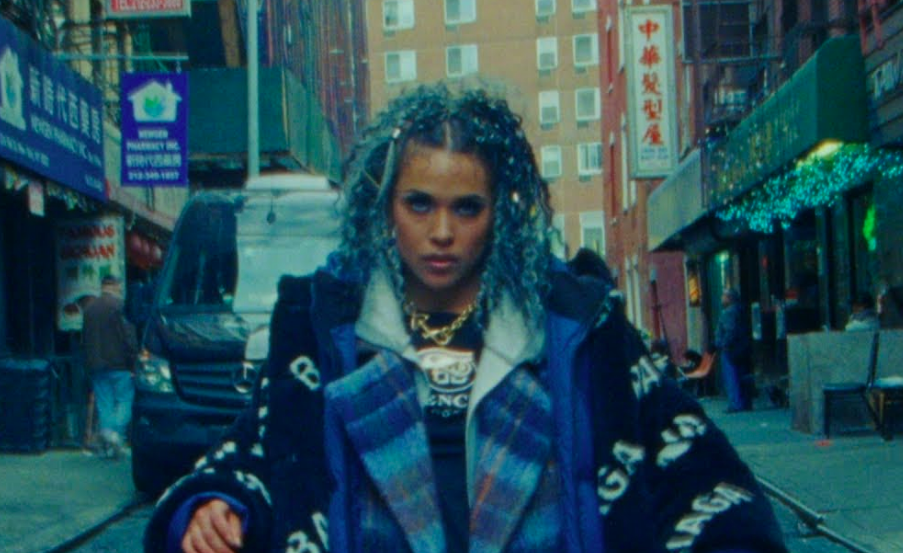
Earlier in the year, it was a surprise to read that Princess Nokia – aka Destiny Frasqueri – would be headlining the Cambridge University Charity Fashion Show. The organisers promised a night that would deliver a “strong narrative” that “all bodies are equally beautiful”, highlighting the importance of diversity in a “time of much separatism and fear of difference”.
This came across as glib in contrast to the specificity of Frasqueri’s radical embrace of the complexities of her own African, Latino and indigenous Taino heritage, sexuality, and the multitudes contained within diaspora culture. But my cynicism was outweighed by the excitement of the fact that such an amazing woman of colour would be performing in Cambridge.
A first year who was at the show, says that initially, everything seemed fine. The crowd, all dressed in black tie, was lukewarm – a marked difference from her usual gigs. There were a few pockets of people dancing near the stage while the rest milled around, smiling and watching. A short way into the first verse of ‘Green Line’, her final song of the night, something shifted and she stopped the set.
“Are you being disrespectful?”, she allegedly asked an audience member. “I’m so sorry, but when a white boy disrespects you, you punch him in the fucking face.”
It’s been reported that a member of the audience had shouted something insulting at her. Richelle, the facilitator of Fly (Cambridge’s network for women of colour), who was on the opposite side of the crowd, says she couldn’t see what had provoked her response, but Frasqueri “threw a drink at him, and then jumped down off the stage”. Witnesses claim she then slapped the man three times in the face. After getting back on stage Richelle continued, she said, “‘This is for y’all’, gesturing to the women of colour next to the stage. And then she walked off.”
Speaking to Richelle and Jason, the Vice-President of the Cambridge University BME Campaign, backstage after ending her set, Princess Nokia was “in tears” and “visibly shaken”. In a piece they co-authored and published on the FLY website, they write that “Princess Nokia described the behaviour of the white male student who harassed her during her performance, saying that she could “see him mouthing dirty obscenities like, show me your tits”. The Editor’s note added that Princess Nokia explicitly stated that she “does not condone violence” but reiterated that she felt that the violence and harassment directed towards her compromised her safety – she also affirmed her “zero-tolerance” stance towards “instances of sexism and sexual harassment”.
“There was a strong feeling of collective horror and solidarity regarding the trauma she underwent because, in a sense, this was our experience too”
Hearing about the incident on Twitter, amidst a flurry of threads and GIFs sent between my friends – all women of colour – there was a strong feeling of collective horror and solidarity regarding the trauma she underwent because, in a sense, this was our experience too. Cambridge is a space that routinely makes people like us feel other, and unwelcome. The mental image of an entitled white boy in black tie, a symbol of the systems that make navigating Cambridge so difficult, being decked by a black woman holds the same sense of poetic justice as Beyoncé smashing Hot Sauce into a car window.
Debates about the morality of violence aside, it was disappointing to see the initial coverage of the incident by the student press perpetuate familiar narratives. The Cambridge Student, who broke the story, described Princess Nokia as having “launched an attack” before “storming off stage”, with scant detail on the alleged harassment she was subjected to while performing. Their use of loaded language casts her, at best, as a brattish diva, and at worst as the incarnation of the stereotype of the Angry Black Girl.
A nuanced analysis of the events is made harder still by the student press’ centring of the audience member’s account, which allows him to be cast as the victim to black aggression. The student, identified by Varsity to be from Princeton, informed The Cambridge Student that he was “told by a fellow audience member that the name of the performer was ‘Abigail’. Given that I was enjoying the performance, I shouted out ‘Let’s go Abigail!’”. He claims this prompted the altercation. This baffling response, which has been subsequently quoted uncritically in other publications, acts to dispel any legitimacy underlying the artist’s actions, and most concerningly is completely at odds with statements made by Princess Nokia herself.
To dismiss what happened to Princess Nokia on that stage, as many students have, as an “overreaction” ignores the intersections of race and gender at play both during the incident, and the subsequent responses to it. In a more widely covered incident, when facing physical rather than verbal harassment, Gigi Hadid was praised for fighting back against her harasser and standing up for herself. But as a black woman, you don’t seem to get the luxury of choice. For Princess Nokia, staying silent in the face of being objectified imposes the role of the Black “jezebel” on her – a hypersexual, promiscuous, docile object that exists for white consumption. By reacting and daring to assert her humanity, particularly in the way that she did, she becomes the Angry Black Girl, two-dimensional, inherently wrathful and unreasonable.
“In my opinion, Cambridge is down with exploiting black culture for aesthetics but cannot adequately reckon with the humanity of performers when they are threatened.”
The comments allegedly made by the audience member stem from a cultural disdain for black women; an entitlement, fostered by white privilege, to unabashedly express opinions that dehumanise others without fear of consequence. That this happened in Cambridge, an institution with a long history of marginalising people who are not straight, white, and able bodied, is testament to the prevalence of institutional racism and sexism still operating in the university today. It’s the kind of institution that produces white men comfortable racially abusing black students, and a whole committee who thought “the British Empire” would be a suitable theme for a May Ball.
And it’s not just in Cambridge. Recently, Diane Abbot wrote about the horrific racism and sexism that she suffers as an MP, speaking out publicly after three decades against the “politics of personal destruction” enacted against minorities, particularly women of colour. From Gina Miller to Nicki Minaj, this is the consequence that black women in the public eye face for refusing to suffer disrespect in silence.
When asked for comment, the following statement was released on behalf of the 2017 Committee of the Cambridge University Charity Fashion Show:
“Thank you to all who took part in and attended a wonderful evening celebrating diversity, beauty and body positivity. It is unfortunate our headliner ended early under unforeseen circumstances, and we hope this did not taint the overall message of the night.”
As Frasqueri raps in the song ‘Kitana’, “They just tryna take my picture, they don’t care ‘bout my worth”. In my opinion, Cambridge is down with exploiting black culture for aesthetics but cannot adequately reckon with the humanity of performers when they are threatened. The treatment of Princess Nokia that night exposed the emptiness behind the message of the show. The actions of the student and the reporting around the incident say loudly and clearly that in spaces like Cambridge, all bodies are not equal.

